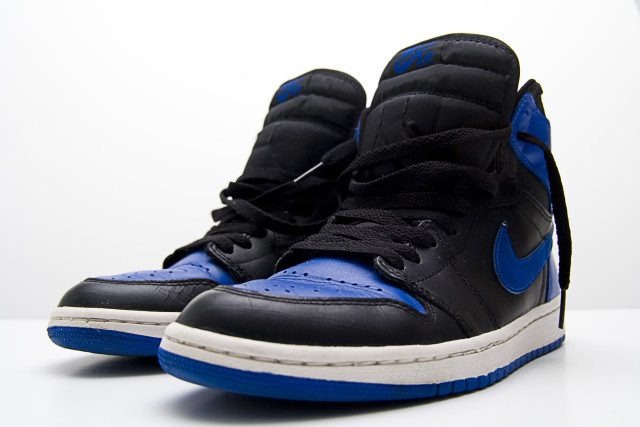Michael Jordan just lost another China lawsuit in his ongoing effort to combat alleged trademark infringement in China. This lose highlights a point that must be familiar to even the most casual reader of this blog:
Michael Jordan just lost another China lawsuit in his ongoing effort to combat alleged trademark infringement. This case, like many others, highlights a crucial point for businesses considering (or already in) the Chinese market: register your trademark in China now, before someone else does it for you.
But the Jordan decision also contains a more subtle lesson: protect your Chinese brand, even if you don’t even have one yet. Because the minute your English-language brand gets attention in China, it will be given a Chinese name by the local media and consumers. And the minute that happens, someone will register the Chinese name as a trademark, and you will lose all control of your brand in China.
A primary focus of the Jordan litigation was over Michael Jordan’s Chinese name (乔丹, or “Qiaodan” in pinyin), the Chinese transliteration of “Jordan.” This is the name by which Michael Jordan is known in China, but he had not picked this name himself, and it only refers to his last name. And as the recent Chinese court decision noted, the乔丹/Qiaodan transliteration is shared by everyone in the world with the surname Jordan.
How do you control a name that you don’t come up with yourself? In China, it’s not even a rhetorical question: you can’t, unless you’re also the first to file a trademark application. Someone else registered the Chinese version of Michael Jordan’s name as their company name and a trademark, and Jordan has been playing catch-up ever since. And losing.
This is also exactly what happened to Pfizer, which released the drug Viagra in America before it had chosen a Chinese name for it, only to find that a Chinese name had been selected for it, popularized, and registered by a third party. Pfizer’s subsequent attempt to re-brand Viagra from the name it was already called in China (伟哥, or “Weige”) to Pfizer’s preferred choice (万艾可, or “Wan’aike”) was doomed from the start, as evidenced by a series of expensive court cases Pfizer kept losing. For a more scholarly analysis of the Viagra trademark battle, read Professor Daniel Chow’s article Lessons from Pfizer’s Disputes Over its Viagra Trademark in China.
The same thing happened (and keeps happening) with French winemaking giant Castel Frères, which saw someone else register the popularized Chinese version of its name (卡斯特, or “Kasite”) and has been losing court battles ever since in an attempt to regain “its” trademark. And again with Australian winemaker Penfolds and the Chinese version of its name (奔福, or “Benfu”).
So don’t be like Mike. If you care about your brand in China, it’s not enough just to register your English-language brand. You also should select a Chinese name and register that as a trademark in China as well. Otherwise, you will forfeit not only the right to use your Chinese brand name, but the ability to choose it in the first place.
March 26, 2024 Update: The Michael Jordon example is old, but everything else in this post is still as true today as when it was first written.

























